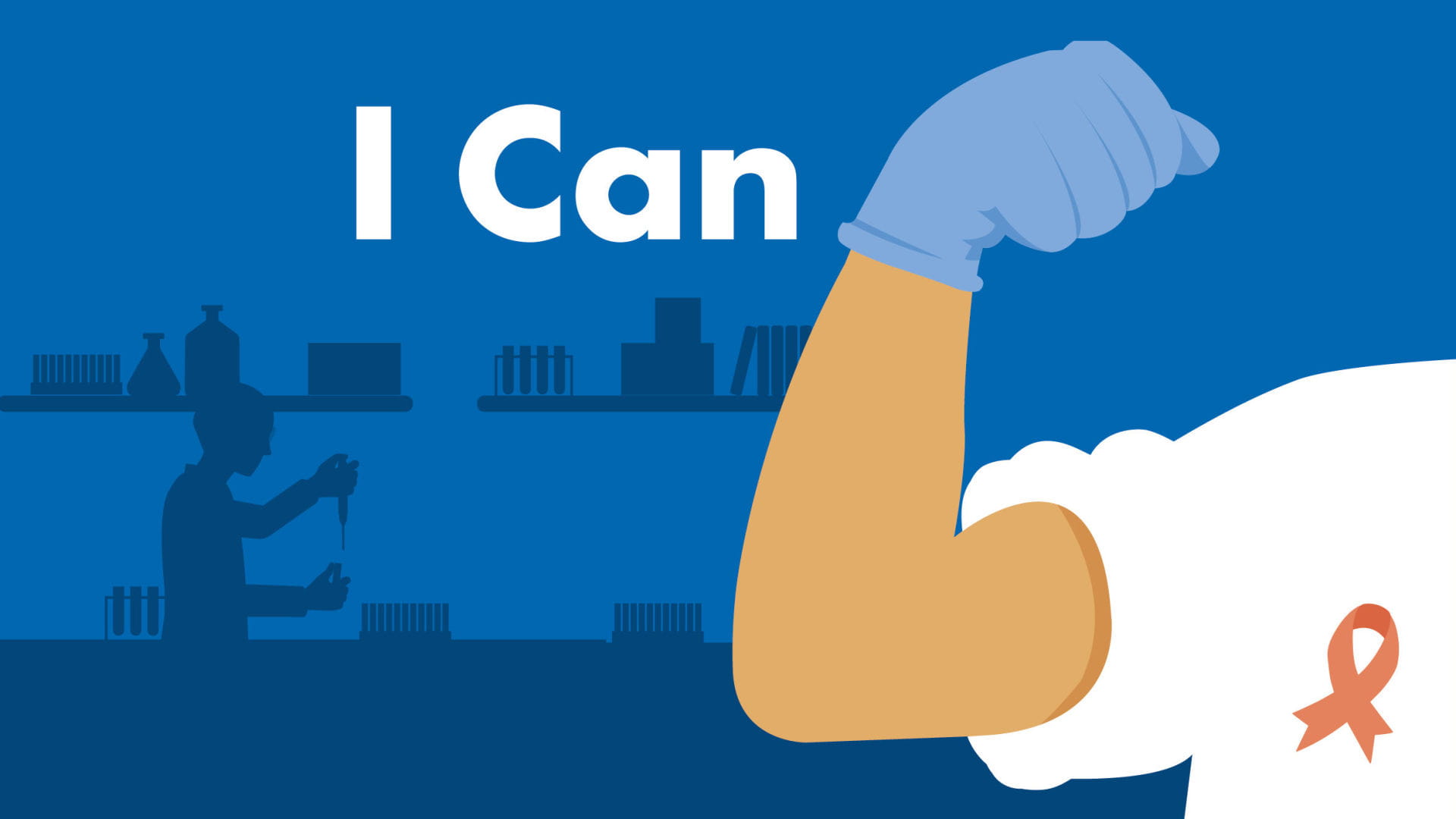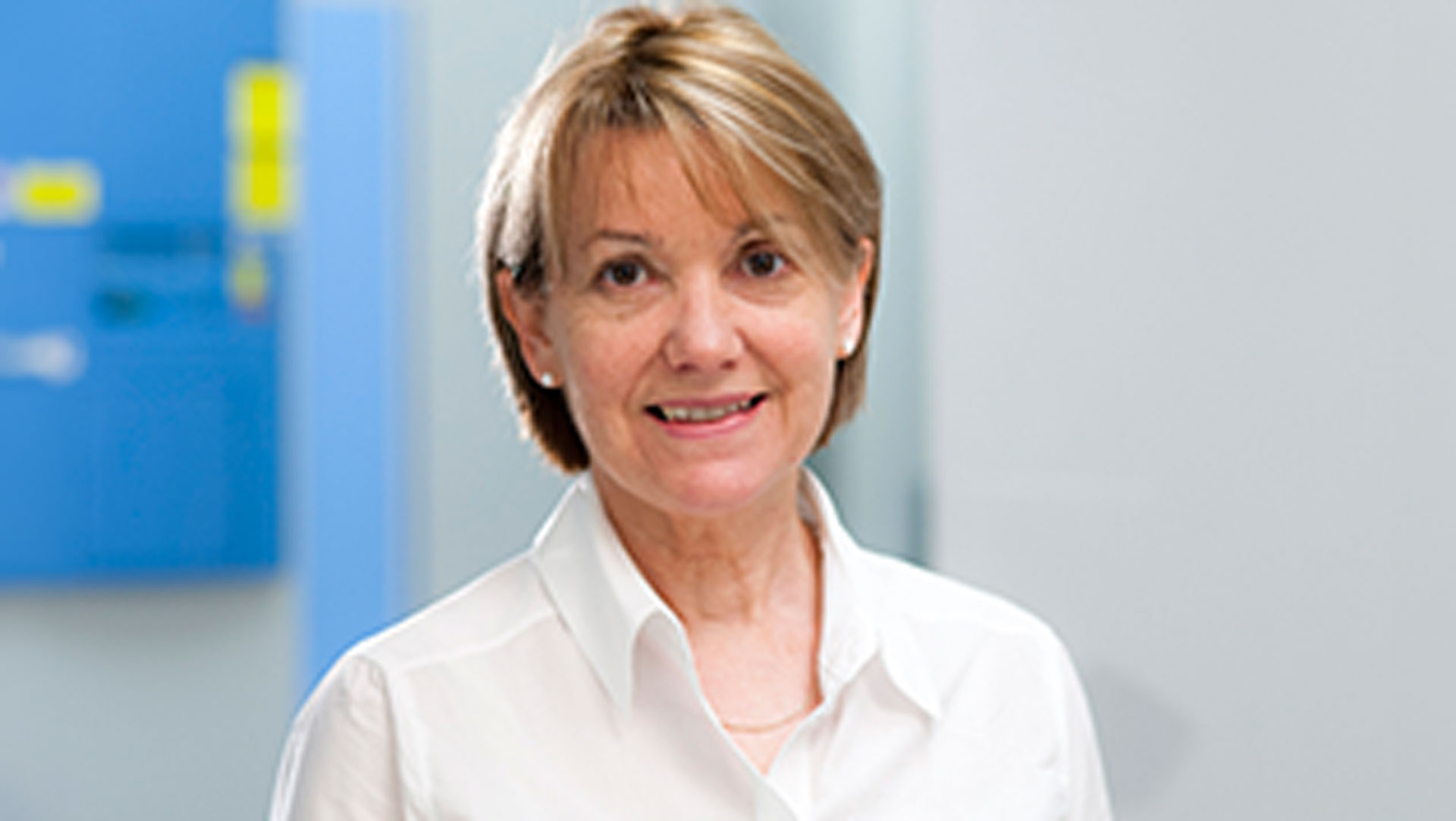
Harmonizing testing in blood cancer care
The global burden of blood cancer is huge, with around 474,519 new cases of leukemia in 2020 alone – and 311,594 deaths (1). With an overall 5-year relative survival rate in the US of 66.4% for people diagnosed with all kinds of leukemia (2), this makes early diagnosis and treatment more important than ever.
But we still have so many challenges to overcome. How can we ensure better patient access to oncohematology testing? While many testing guidelines and recommendations are available, these rarely apply globally. What can we do to overcome the challenges that impact diagnosis, monitoring and patient care? Let’s unite together and pledge I Can – a decision that improves patients’ lives.
Global Oncohematology Summit 2023
On September 13 and 14, we will host our Global Oncohematology Summit. We will bring together global oncohematology experts to discuss the unmet needs and challenges in oncohematology testing and blood cancer clinical care and research. Our Global Oncohematology Summit is a free, educational virtual event.
Join us at this two-day virtual event to address current challenges and exchange ideas and insights in oncohematology testing and blood cancer clinical care and research. Plus, we will discuss the impact of the latest technological advances.
Our Global Oncohematology Summit is free to attend, purely educational and CME and CPD-accredited.
References:
1. Leukemia Fact Sheet, International Agency for Research on Cancer, World Health Organization, accessed July 4, 2023, https://gco.iarc.fr/today/data/factsheets/cancers/36-Leukaemia-fact-sheet.pdf
2. Leukemia & Lymphoma Society website, accessed July 4, 2023, https://www.lls.org/facts-and-statistics/facts-and-statistics-overview#Leukemia

SA Pathology, Australia
Why attend
The Global Oncohematology Summit is a must-attend educational event. It brings together blood cancer clinical researchers, oncohematologists, data specialists and blood cancer survivors to exchange ideas and insights in oncohematology testing and blood cancer clinical care and research.
Event highlights:
Here’s a preview of what you can expect:
- Educational presentations showcasing the latest in blood cancer patient therapies management and future perspectives
- Expert views on the promise and future of CAR-T cell therapy and other breakthroughs in clinical practice
- Advocate and patient perspectives, including one survivor’s journey to being 10 years’ cancer-free
- New insights into testing and monitoring of blood cancers
- A European diagnostic laboratory’s perspective on their IVDR strategy
- Live panel discussion on the importance of treatment compliance and monitoring treatment response for patients
- The chance to pose questions to the speakers and panel participants
Count me in
* Certification applied for.